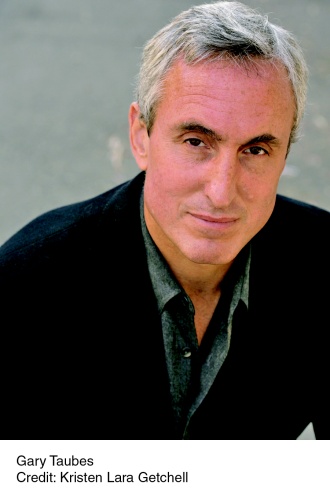the grains, pasta, dairy, and corn are at the top of the pyramid... meaning consuming sparingly if at all. every other pyramid has the grains at the bottom, which is the biggest shortcoming. maybe it's out there, but i would be surprised if you could find a published food pyramid that is more nutrient dense and would favor better body composition and markers of heart disease.
but hey, the fountain of misinformation knows of a few 40 year old raw food vegans that can outrun some other people. with such strong evidence, i guess we should all be raw food vegans 
I agree the food pyramid is great! Even has a pretty low amount of fruit by conventional standards which I sure like! Of course the grains at the top is purely political peace keeping (the evidence for some degree of gluten intolerance looks to be easily the majority of the population) as it would be too controversial if they excluded grains entirely. But make those grains gluten-free and I'd say it's close to perfect. The fountain of misinformation haha (I think I woke someone up with that laugh) lets remember this is a food pyramid for impeccable (or unimpaired) health for the masses, not optimum longevity, an issue that 99% of people seem not to enjoy dwelling on much...
As far as the exercise & diet issue go I do come down on the side of DukeNukem in its generally overratedness, but I feel it plays a little bit more of the equation than say 10%. It's all context though; you could easily make an argument for conventional (possibly even any) exercise being a net-negative in certain situations such as in extremely unhealthy, overweight, metabolically ruined individuals whose body is severely wrecked and inflamed. In this instance all that really matters is diet and supplements so the point is made that diets is where its at.
Its all contextual though! A few times i've seen these type of arguments between you guys and as an observer it can often feel like there are contextual or framing issues underlying them...
You got the longevity forum context (primarily benefiting ourselves in the path for optimum health)
Then you have the context of this thread being about a famous individuals bad health. ontop of that the cause of this ill-health is fingered at conventional wisdom, which then frames it in an analysis of optimum health for the masses or average individuals, where theres often a great divide between what we may practice for optimum longevity. But then constantly in the background, always we try to relate all the new information we learn into our own model containing our own conditions. I probably didn't convey very well what I mean but often its like you guys are in agreeance just arguing from different angles
















































